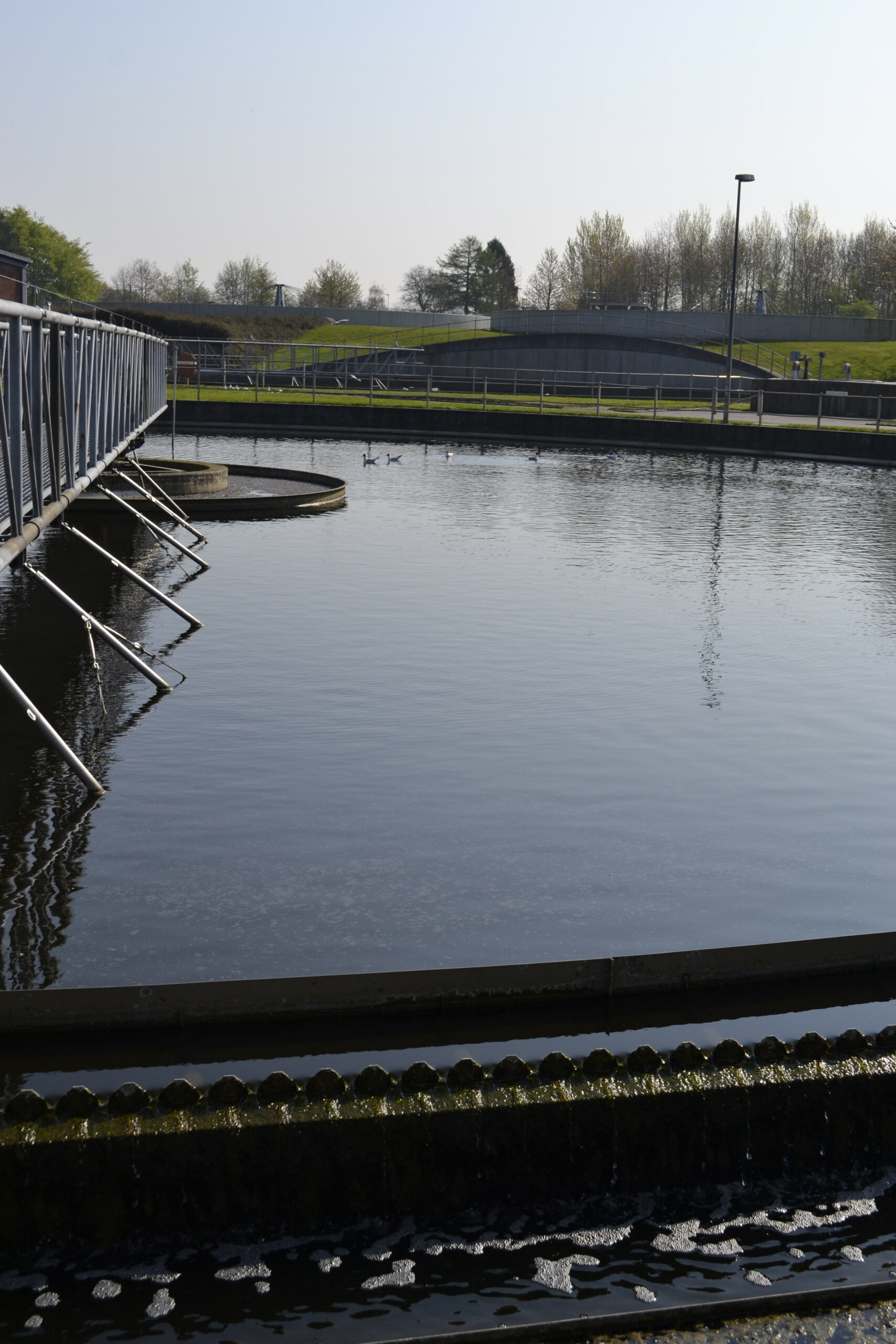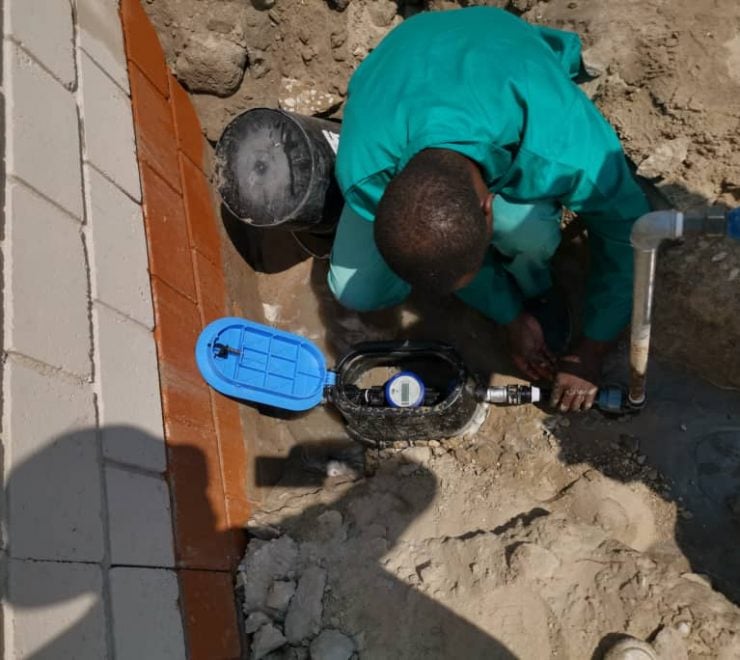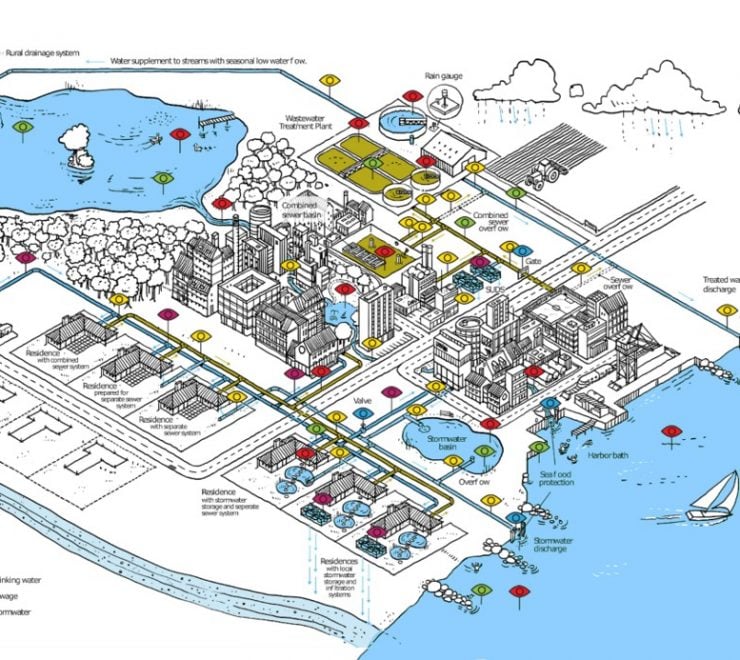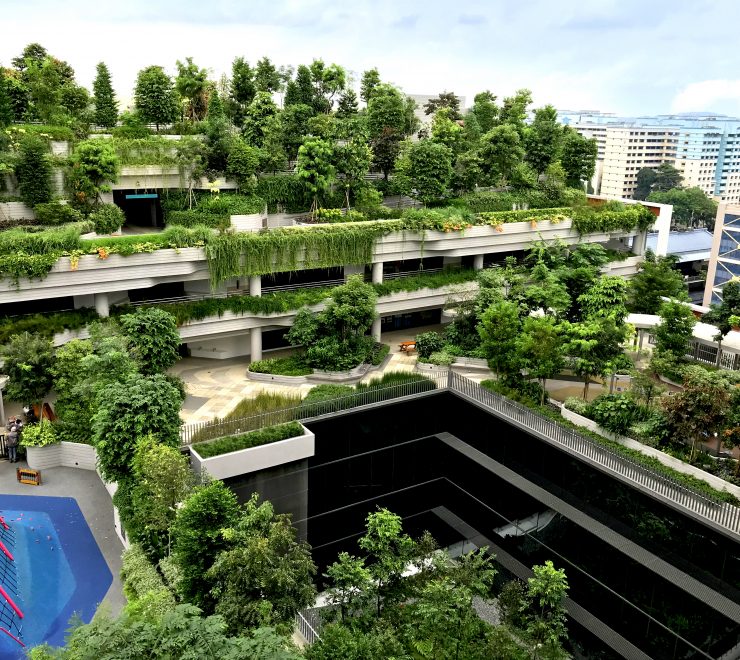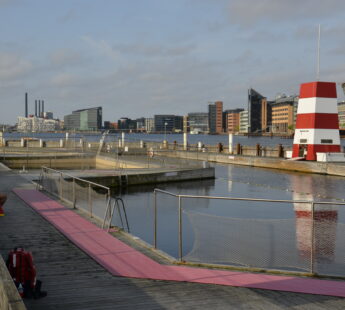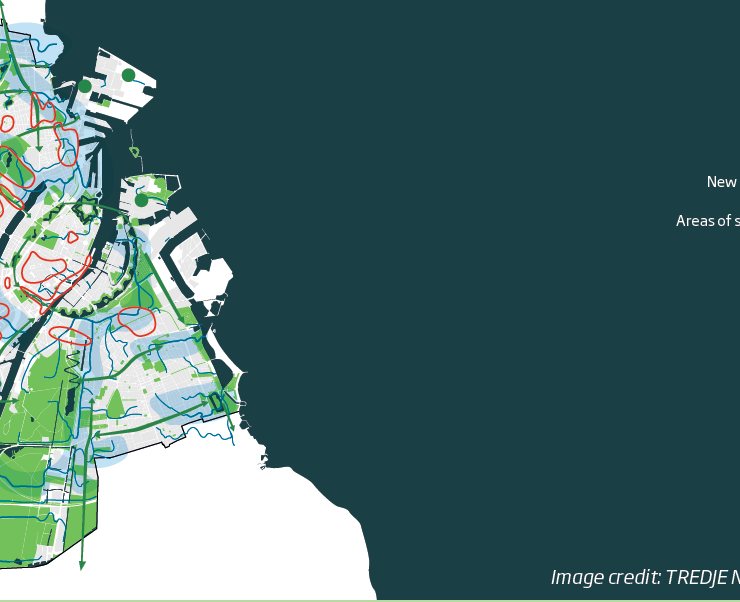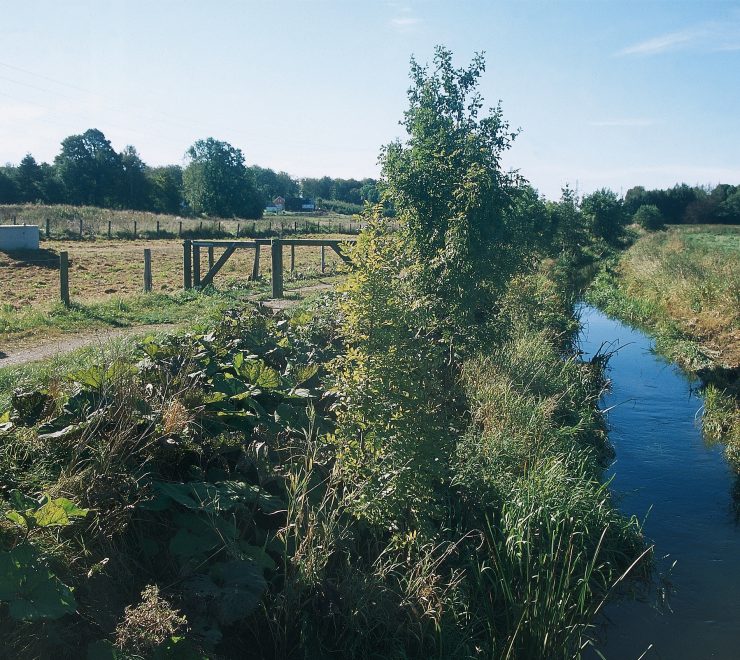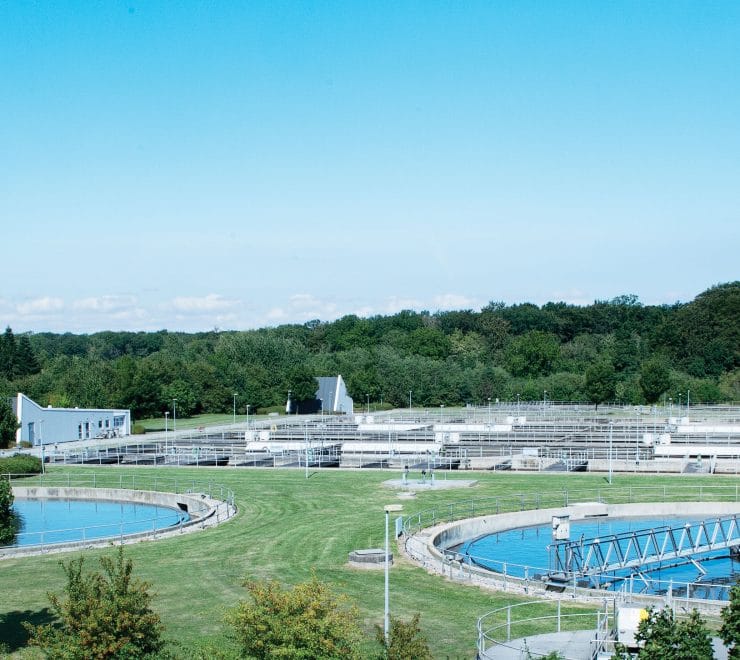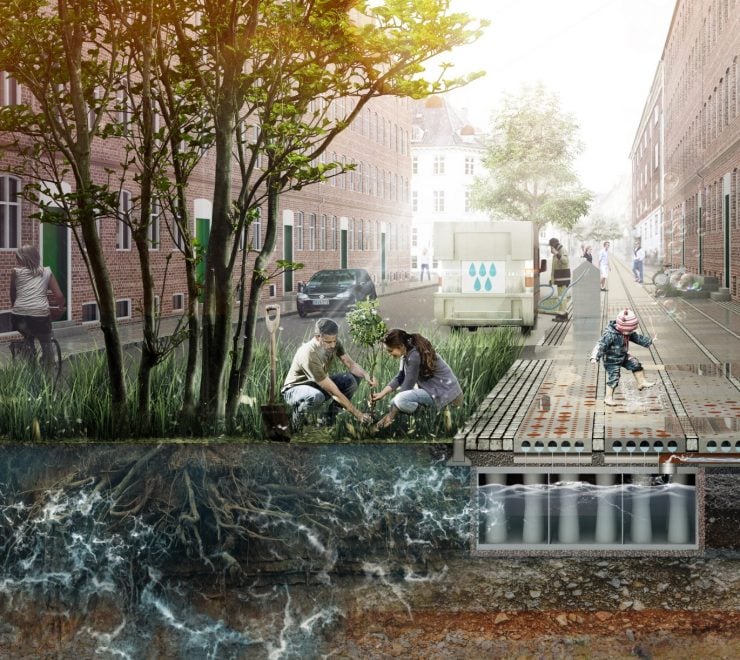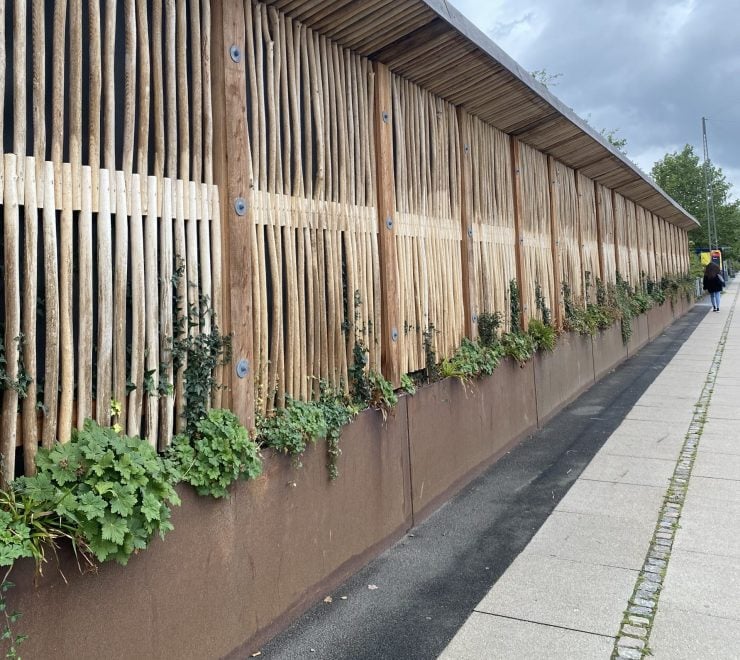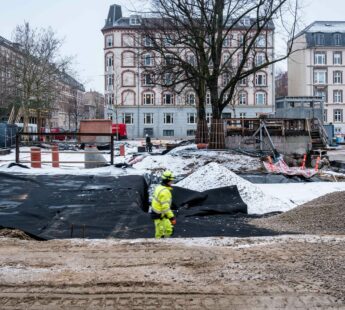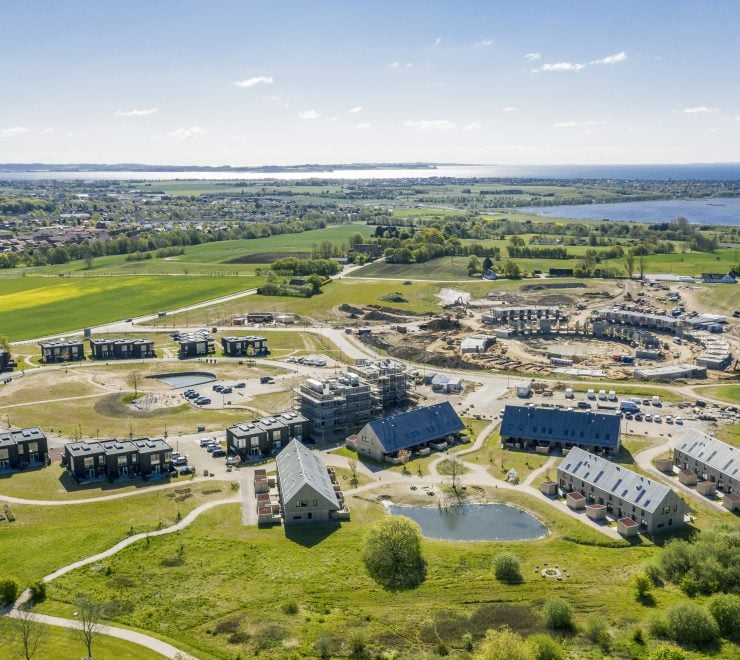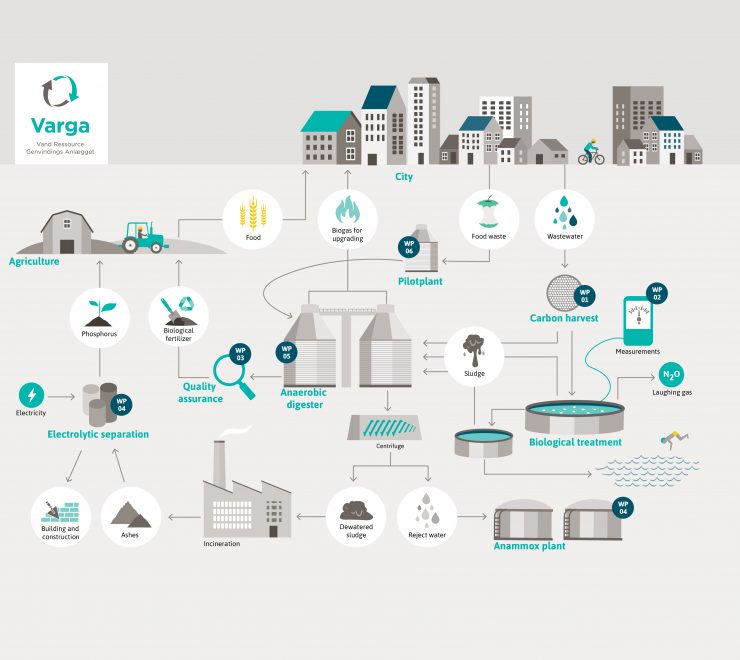Publication
Climate change adaptation
Drinking water treatment
Flood prevention
+9
Water for smart liveable cities
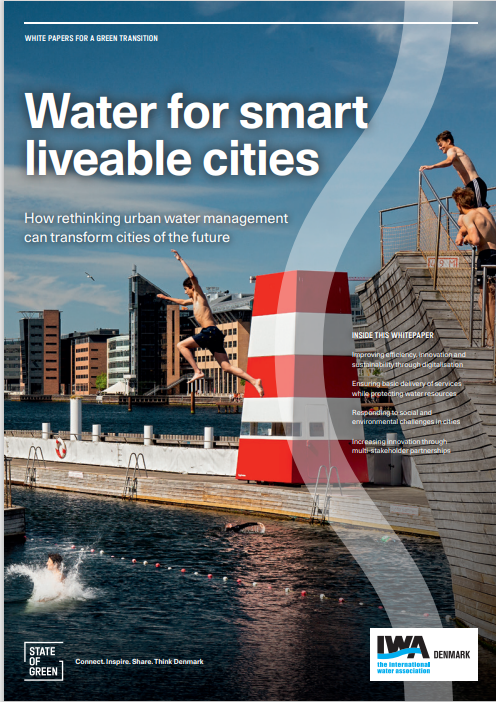
Urban population growth puts water at risk
Today, more than half of the world’s population live in cities. The United Nations estimate that by 2050, this will increase to 70 per cent. Rethinking urban water management can ensure the cities resilience and liveability and transform cities of the future.
As urban population growth increasingly puts pressure on urban water supply, overcoming water stress, knowledge of quantity and quality of available water resources is important. Equally, increasing population means increasing the volume of wastewater, treatment plants must treat. Sewage collection and treatment systems play a key role in creating liveable cities and enable water related recreational activities such as harbour baths.
Increasing resilience to climate change
Climate change is also putting increasing pressure on wastewater infrastructure in cities around the world. A combination of solutions is needed to prepare cities for population growth and increasing extreme weather events. Integrating stormwater management, urban water management, urban planning and design with digitalisation can lead to increased resilience to climate change, efficiency, liveability, and a sense of place for urban communities.
Rethinking urban water management as a holistic way to ensure basic delivery of services while protecting water resources, includes:
- minimising urban water losses
- sufficiently treating the increased wastewater volume, and
- using multifunctional blue-green infrastructure for stormwater management.
Financing the water secure cities of the future
Managing water for smart liveable cities requires strong governance structures. In addition to environmental standards, regulation of the water sector needs to include a focus on financing mechanism, water prices and transparency. In Denmark, municipally owned utilities are not for-profit and operate under a break-even principle based on full cost recovery.
Placing water at the core of the city’s urban planning and investments creates a strong foundation for sustainable growth. When urban planners and water managers join hands, it increases chances of developing long-term solutions, which successfully integrate the role of water with the needs of both local citizens and nature.
Explore articles from this publication

Download the publication

